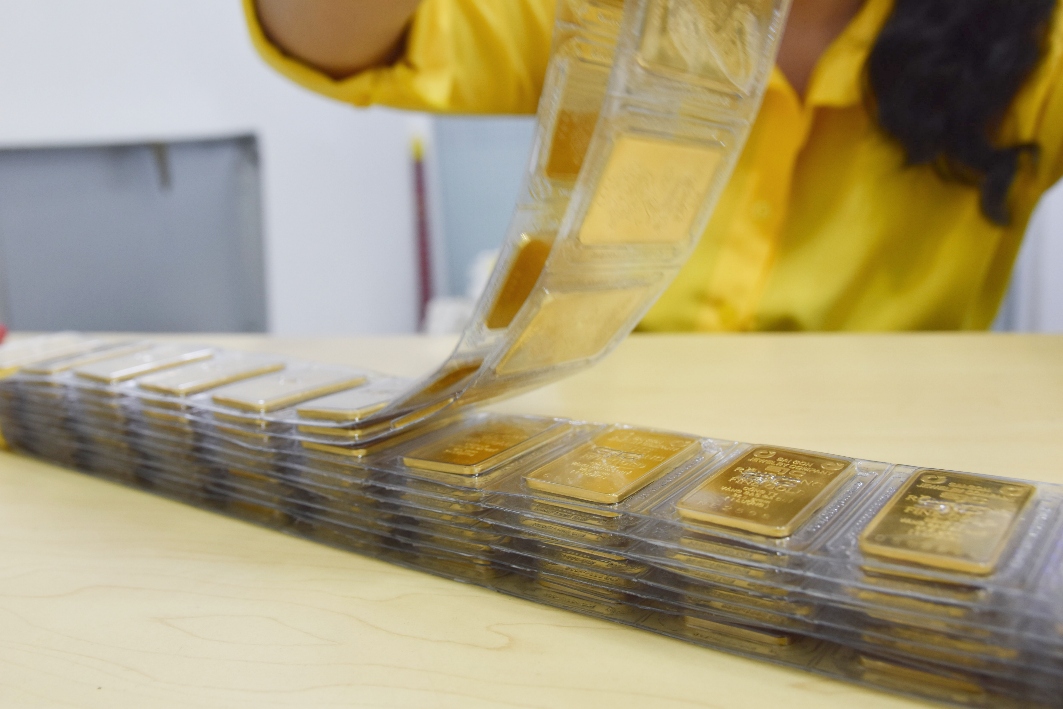Over the past two decades, Vietnam’s gold market has undergone significant turning points and steadily evolved in response to both domestic and global macroeconomic conditions. From the past years of goldization—when gold was widely used in civil transactions—to the period of strict regulations aimed at curbing speculation and stabilizing the market, Vietnam’s gold market has now reached a stage where reforms are being considered to establish a more flexible regulatory framework. Before 2012 Before 2012, the gold market operated with relative freedom under Decree 174/1999/ND-CP. Within this regulatory framework, gold was treated as a standard commodity, allowing tens of thousands of businesses and shops nationwide to trade gold bars without significant restrictions. At its peak, there were an estimated 12,000 gold trading points across the country. Gold was not only viewed as a traditional investment vehicle but also functioned as a means of payment in various civil transactions—even appearing in real estate contracts as a substitute for the Vietnamese dong. This phenomenon, known as the “goldization” of the economy, effectively positioned gold as an informal currency within the nation’s financial system. However, this period of market freedom came with significant consequences. Between 2008 and 2011, Vietnam faced severe inflation, with […]
The shift to a modern, transparent gold market
By Minh Sang









